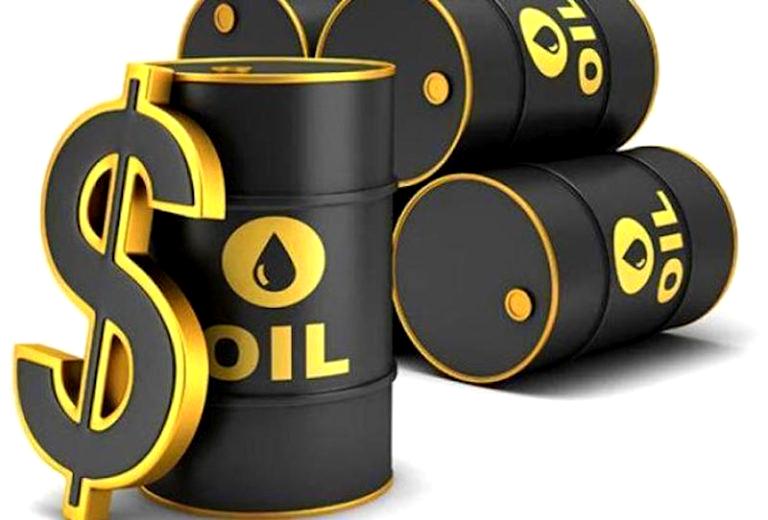Oil prices surged more than $1 on Wednesday, as markets focused on low global supply in the run-up to winter, throttled by OPEC+ production cuts just as French energy group TotalEnergies said on it would increase returns to shareholders and planned to raise its oil and gas production by 2 to 3% per year over the next five years. The group said at an investor day that it expects to distribute about 44% of its cash flow to shareholders in 2023 and set a target of more than 40% beyond 2023. Brent crude futures broached $95, up $1.55 to $95.51 a barrel. U.S. West Texas Intermediate crude futures climbed $1.82 to $92.21. “Until a decision to raise production is made, the global energy market will remain tight, and during this time the risk of a major correction still is relatively low,” Ole Hansen, Head of Commodity Strategy at Saxo Bank, said. The lack of spare supply was reflected at the front end of the pricing curve, he said, as the premium for barrels for near-term delivery of WTI has reached almost $2 a barrel compared to those for next month. Saudi Arabia and Russia – as part of the Organisation of Petroleum Exporting Countries and allies, known together as OPEC+ – have extended voluntary production cuts of 1.3 million barrels a day to the end of the year.
At the same time, markets are concerned U.S. crude stockpiles could fall below minimum operating levels at the Cushing, Oklahoma, storage hub, the delivery point for U.S. crude futures. Industry data on Tuesday, however, showed U.S. crude oil stockpiles rose last week by about 1.6 million barrels, against analysts’ expectations of a roughly 300,000-barrel drop. U.S. government data on oil inventories is expected at 10:30 a.m. (1430 GMT). Potentially adding to the supply tightness, Russian President Vladimir Putin on Wednesday ordered his government to make sure retail fuel prices stabilise after a jump caused by an increase in exports. In response, his deputy prime minister said there are proposals to restrict grey fuel export, or the purchase of oil products for domestic use that are exported instead.
The government last week imposed a temporary ban on gasoline and diesel exports to most countries to stabilise the domestic market, though it later softened restrictions. The impact of tight supplies could be mitigated if interest rates curb demand. In a hawkish signal in the U.S., Minneapolis Federal Reserve Bank President Neel Kashari said on Wednesday it was not clear whether the central bank has finished raising rates. Higher interest rates increase borrowing costs, which could slow economic growth and reduce oil demand. TotalEnergies also announced positive results at an exploration well in Namibia, to be confirmed by another flow test, and said further appraisal wells and prospects would be drilled. Analysts had said they were particularly keen to hear more about the French energy group’s recent exploration activity offshore Namibia – which has no oil and gas output now but could become one of the top 15 oil producers by 2035. It also announced share buybacks of $9 billion in 2023, adding that it hoped for cash flow to be $10 billion higher in 2028 compared to 2021

